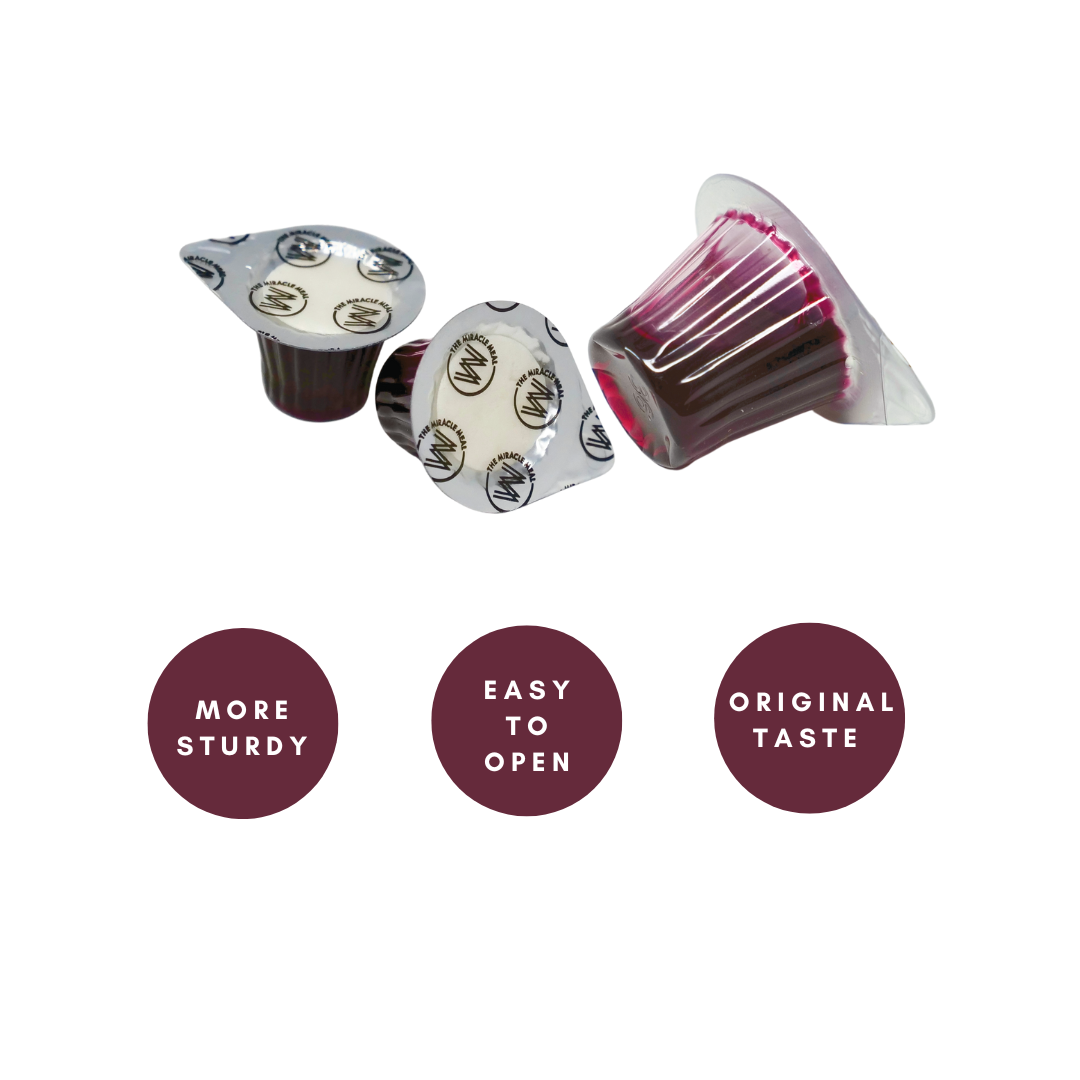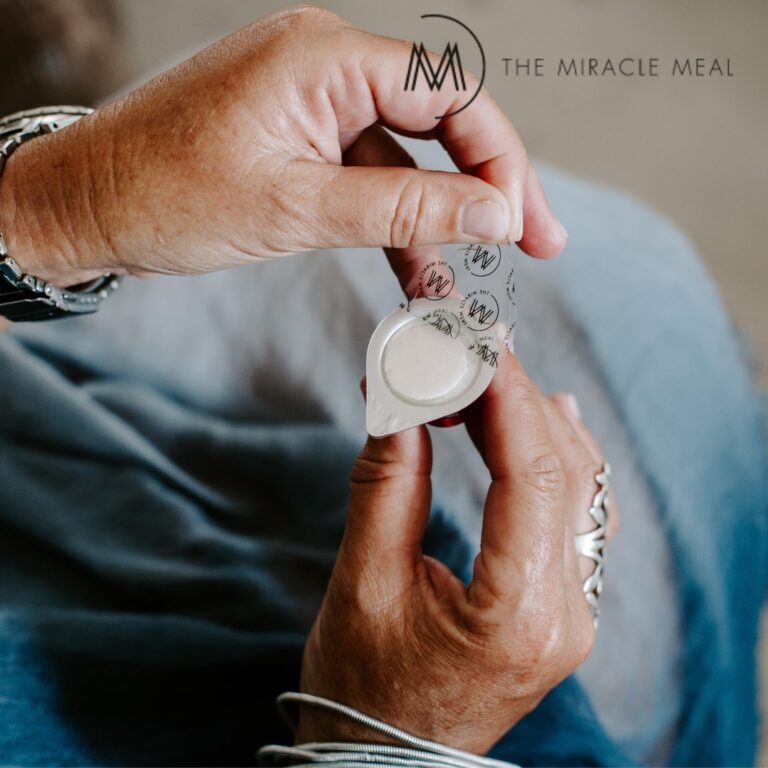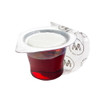How Long Do Prepackaged Communion Cups Last?
Understanding the shelf life of prepackaged communion cups is important for churches and religious institutions aiming to maintain the quality and integrity of their sacramental offerings. These cups, which conveniently merge both elements of communion—the wafer and juice—into a single package, have become a staple in many places of worship due to their ease of use and hygienic nature. However, to ensure that the spiritual experience is preserved, knowing their longevity is essential.
In this article, we’ll explore the typical shelf life of prepackaged communion cups, which generally extends up to a year under optimal storage conditions. We will delve into what factors contribute to their long-lasting nature and discuss best practices for storage to maximize their usability. Whether you’re a pastor, a church administrator, or simply a devotee, this guide will provide the necessary insight to make informed choices regarding the storage and use of prepackaged communion sets.
Understanding Shelf Life
The shelf life of prepackaged communion cups, such as those offered by The Miracle Meal, can typically extend for one year if stored under proper conditions. This generous timeframe is due to the pre-filling and sealing process that manufacturers utilize, which ensures both the juice and wafer remain fresh. With no preparation needed before opening, these cups eliminate the risk of spoilage from handling, which can often affect traditional communion elements.
It’s critical that institutions understand how best to store these items to enjoy the full benefits of their shelf life. The key lies in maintaining a consistently cool and dry environment. Exposure to heat or moisture can degrade the quality of the contents, reducing their useful life. Proper storage can help maintain the quality of the product throughout its intended lifespan, ensuring that each communion is as spiritually fulfilling as the last.
For churches that purchase these prepackaged sets in bulk, factoring in the one-year shelf life allows for organized planning of communion services. By being aware of this information, churches can avoid purchasing excess stock that could go unused, thereby contributing to cost efficiency and reduced waste. Routine checks of the inventory can also help manage supply effectively, safeguarding against accidental usage of expired cups.
Factors Contributing to Longevity
The extended longevity of prepackaged communion cups can be attributed to the materials and manufacturing processes involved. The unique design incorporates a top film seal that is easy to lift, which exposes the wafer, and a middle foil barrier that ensures the juice stays fresh. This meticulous sealing technology prevents the entry of air and moisture, which could diminish quality over time. The recyclable plastic components also play a role in protecting the sacramental elements.
The type of ingredients used in the communion elements themselves also significantly contributes to shelf life. Wafers, made from simple ingredients such as flour and water, are less prone to spoilage, especially when stored in a low-humidity environment. Similarly, the juice is often pasteurized, a process that extends its longevity by eliminating potential spoilage organisms before sealing.
Silent opening features add to the overall experience by allowing participants to open the cup discreetly during services without distracting others. This aspect of prepackaged communion cups not only emphasizes quality and practicality but also underscores the emphasis on a meaningful and undisturbed spiritual practice.
Best Practices for Storage
To maximize the shelf life of prepackaged communion cups, churches are encouraged to adhere to specific storage practices. Keeping the boxes or packages away from direct sunlight, particularly in temperature-controlled environments, is essential. Extreme temperatures, either hot or cold, can compromise the integrity of the seals and affect the wafers and juice.
Positioning the communion cups in a manner where they remain upright can prevent potential leakage and preserve the quality of the juice. This is especially important for bulk purchases that require long-term storage solutions. Reliable shelving systems in a pantry or designated stock room will further ensure cups are kept safe and organized.
Moreover, labeling storage dates when the packages are received, and when they need to be used by will facilitate effective inventory management. Such proactive measures help avoid last-minute scrambles for replacements and ensure that all participants receive a fresh and fulfilling communion experience. Attention to these details reflects the commitment of religious institutions to convey a meaningful sacramental message with integrity and care.
Conclusion
The one-year shelf life of prepackaged communion cups offers a reliable solution for religious communities aiming to streamline their sacramental practices. With proper storage and an understanding of the factors that affect longevity, churches can maintain the freshness and sanctity of the communion elements throughout the year. By implementing these practices, religious institutions are well-equipped to provide a consistent and quality spiritual experience.
If you’re looking to stock your church or home with communion cups, consider exploring our online store for a selection that combines quality, convenience, and care. Discover how our communion cups can support your spiritual practices with ease and efficiency.







